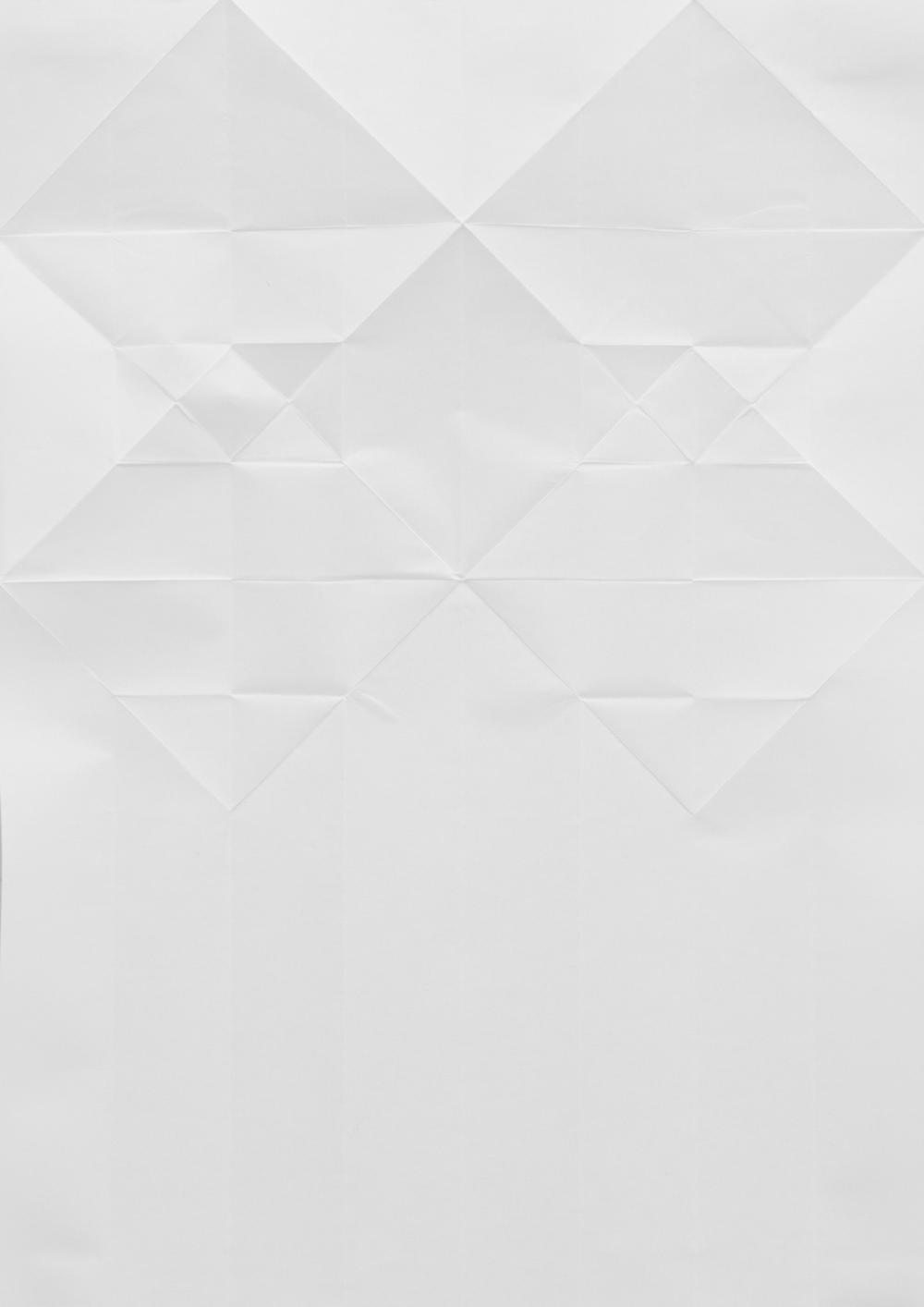Kaaitheater 2016-2017
Beyond fear and indifference
Beyond fear and indifference!
Culture has been a central topic of political debate over the past year. This is not due to the richness of the cultural sector and the quality of our artists, however, but because of a persistent problematization of ‘cultural diversity’. Are immigrants a threat to our European culture? Can Europe be the same with different people in it? The refugee crisis and terrorism perpetrated by local jihadists have brought the debate about diversity squarely to the fore. And for the sake of ease, diversity is often reduced to Islam versus ‘the West’.
Samuel Huntington’s ‘clash of civilizations’ appears to have returned with a vengeance. His 1993 analysis suggests a single set of European values that transcends history in opposition to an equally single Islamic tradition. But what is singular about them? In Europe, some consider Islam to be a threat to the liberal values of the Enlightenment, while others consider that same Enlightenment to be a value-eroding legacy that weakens our nations. In the same way, within Islam fundamentalists oppose the progressive voices of people like Rachid Benzine. Civilizations are not self-enclosed entities. They are civilizations precisely because they are porous, open to wider influences and because they are the result of difficult, challenging political processes.
British-Indian philosopher Kenan Malik claims that the positions we adopt with regard to diversity are motivated either by fear or by indifference: on the one hand, the fearful call for assimilation, while on the other hand the indifferent consider ‘being different’ to be something we must simply accept to avoid conflict. Malik argues in favour of more engagement to fill the political void between fear and indifference. He emphasizes the need for mutual respect as the foundation for a robust and open debate. Diversity allows us to expand our horizons and to compare different values, beliefs and lifestyles. In other words, diversity allows us to engage in political dialogue that can, paradoxically, help create a more universal language of citizenship. But it is precisely that active, political potential that appears to scare so many people. We urgently need to make progress and we will never be able to do so if we continue to reduce are fellow citizens to their geographical religion and consider ‘our’ Western liberal civilization as the end of history.
A striking number of artists seek to connect to current events around the world. The power of change in society and the energy unleashed by these metamorphoses provoke a higher state of alert amongst artists. In this way artistic autonomy, which is indispensable for safeguarding the quality of work, increasingly becomes an ‘engaged autonomy’. The nature of the encounter between the artist and audience consequently becomes more political – a characteristic that is engrained in the DNA of the theatre as a meeting place – something we easily tend to forget.
We have called the leitmotif that runs throughout the 16-17 season RE:MAKE. After the upheaval of 22 March and unrelenting, far-reaching conflicts and crises, appeals to (re)make our society resound ever louder. Where are the current impulses for new societal ideals today? How can we, as an arts centre, contribute to a climate in which engagement becomes self-evident and in which positive, utopian ideas are free to grow?
We hope that our programme will also inspire you and that in these perplexing times it might contribute to a new measure of perspective, beyond both fear and indifference.
Reference: Kenan Malik, (Lecture Living in Diversity at Castrum Peregrini, 2 May 2016)
